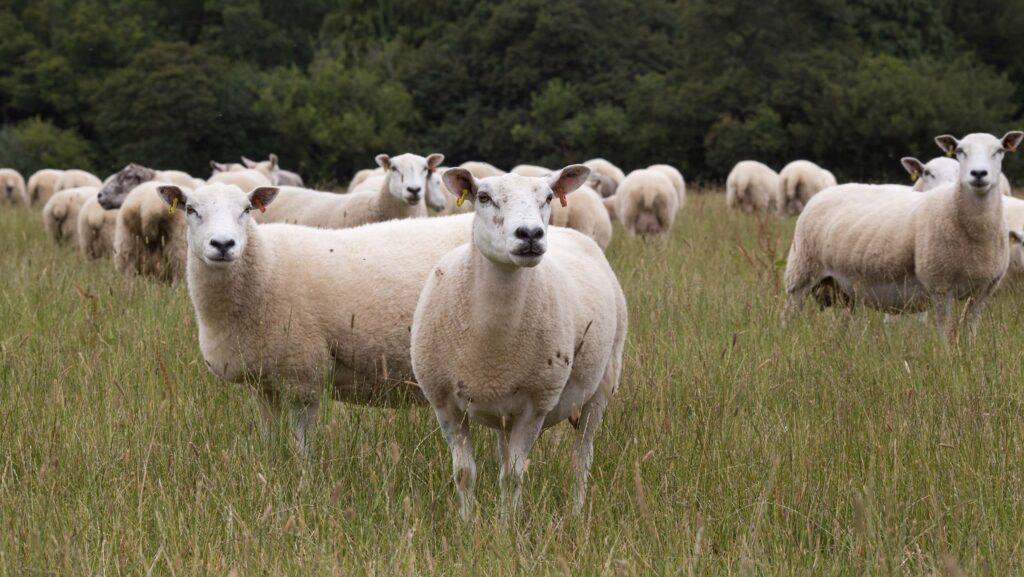Several bluetongue restrictions lifted but zones to remain
 © Tim Scrivener
© Tim Scrivener The UK has entered a seasonally vector low period for bluetongue, with midges less prevalent during the colder months.
Defra guidance states that midge activity is currently lower and there is a very low risk of new infections from biting midges, as they are not actively feeding.
Christine Middlemiss, the UK’s chief veterinary officer, has confirmed that as a result of the lower risk of new infections, some of the existing restrictions have been relaxed from 21 January onwards.
See also: Bluetongue vaccination could remove restrictions in 2025
Post-movement testing of animals out of the restricted zone will no longer be required and insecticides will not need to be used on vehicles transporting livestock.
Furthermore, livestock moving outside the restricted zone directly for slaughter will no longer be required to go to designated abattoirs.
However, the restriction zone, which covers most of the east of England and large parts of the south coast, is due to remain in place.
There have been 196 confirmed cases of bluetongue in Great Britain during the 2024-25 vector season, with 16 of these cases located outside of the existing restriction zone.
All animals moving out of the existing zone must have a pre-movement test, unless they are going to a dedicated slaughter market or directly to an abattoir.
Farmers are also still being advised to look out for clinical signs of bluetongue in livestock and must notify the Animal and Plant Health Agency (Apha) if the disease is suspected.
Ms Middlemiss said: “We are now in a seasonally vector low period, when midge activity is lower with a significantly reduced risk of disease from biting midges, meaning we can ease some of the measures in place to mitigate disease spread.
“However, I would urge farmers to remain vigilant and report any livestock they suspect have the disease to Apha.
“We are committed to working with everyone affected and will continue to keep the restricted zone under review.”
‘Vigilance is key’ – NFU
NFU Livestock Board chairman David Barton encouraged farmers who remain in the restricted zone to check the most up to date information on requirements for pre-movement testing and changes which allow animals to move to any abattoir in the “Free Area”.
Mr Barton stressed that even in the low vector period, farmer vigilance is still key. “If you suspect a case, it must be reported to Defra and I’d encourage members to discuss vaccination with their vet,” he said.
